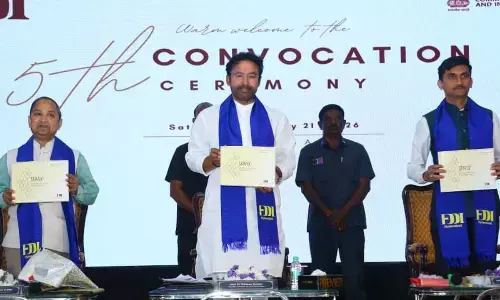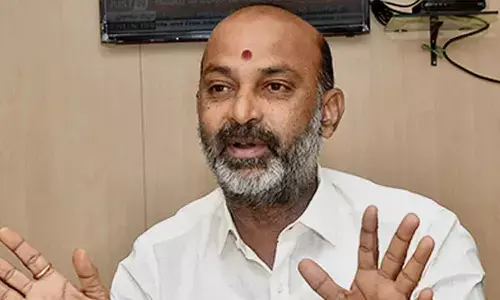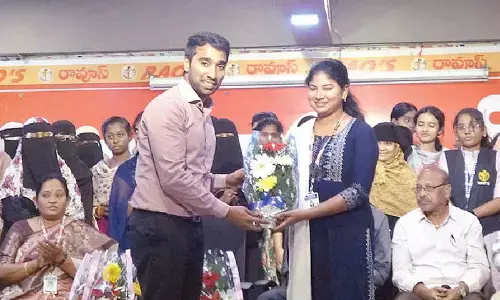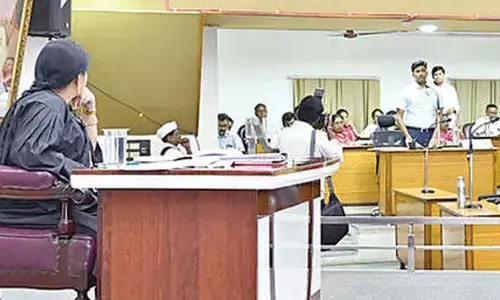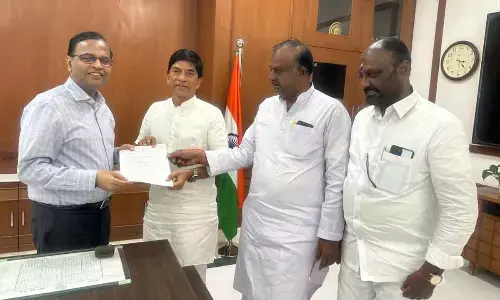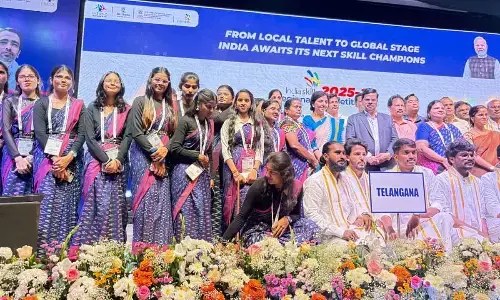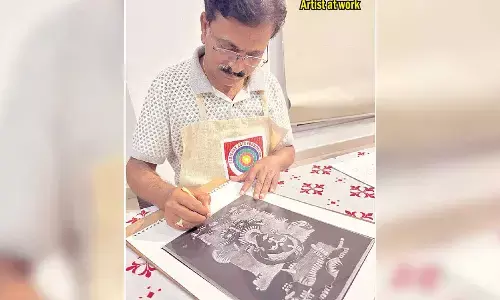Telugu ‘lessa’ – not ‘less’ – among Indian languages
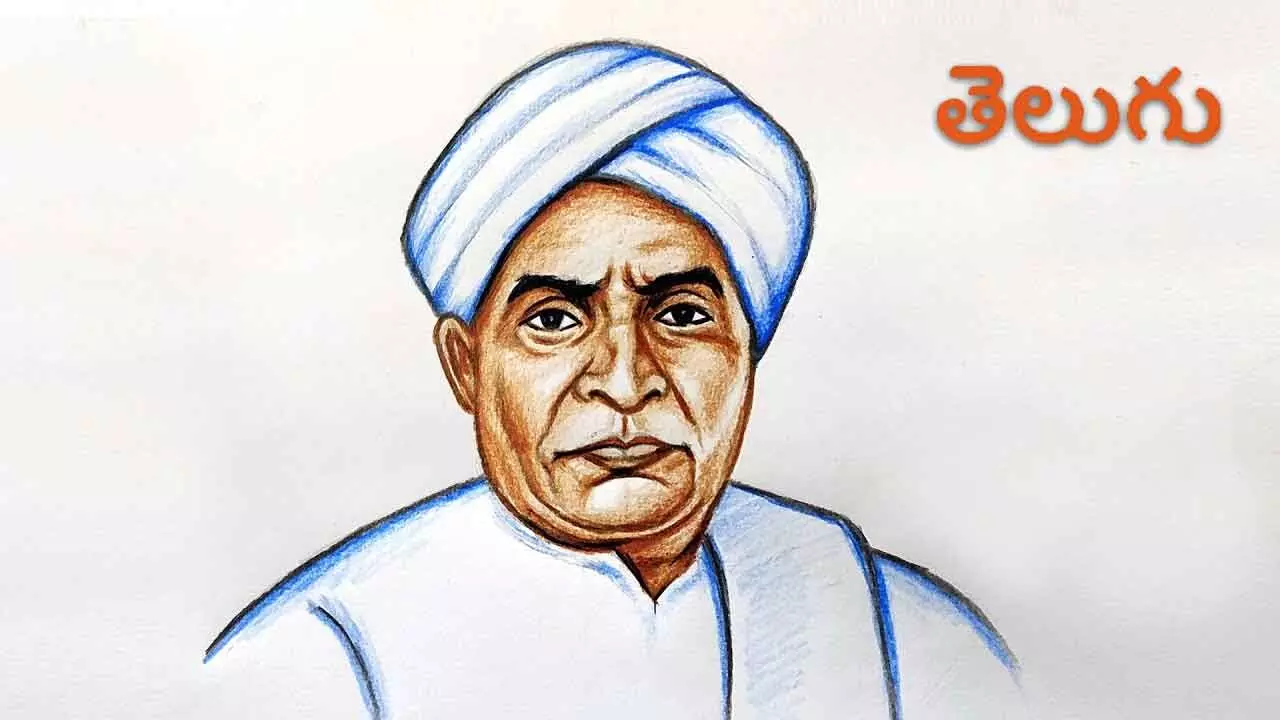
August 29 is celebrated as Telugu Bhasha Dinotsavam to commemorate the birth anniversary of Telugu poet Gidugu Venkata Ramamurthy. If one conducts a vox populi on who is Gidugu Venkata Ramamurty, 99.99 per cent of those who are born after 1970 would draw a blank. Some of those born before 70’s may know him more as a Telugu linguist and writer.
Ramamurthy who was born on 1863 was one of the earliest modern Telugu linguists and social visionary during British rule. He championed the cause of standardising the Telugu script and colloquial (Vyavaharika Bhasha) language as against scholastic language. Ramamurthy was not only adept at Telugu but also dabbled in multiple languages. He wanted the Telugu taught in schools to reflect the one spoken by native speakers.
Telugu is one of the major languages of the country. It is recognised as a scheduled language as well as a classical language. Telugu is also the fourth most spoken Indian language after Hindi, Bengali, and Marathi; Niccol de Conti, a 16th century Italian traveller, called Telugu “The Italian of the East” because of two reasons: Because of the sweetness of the language and as Telugu language finishes with vowels just like the Italian language. The International Alphabet Association chose the language’s script to be the second best in the world in 2012.
Telugu is India’s fourth most spoken language. There are more than 8.25 crore native speakers of Telugu, as per the 2011 Census. It is not just India where Telugu is spoken. In fact, the language is the largest member of the Dravidian language family and is spoken in Bahrain, Malaysia, Mauritius, the United States, Fiji, Singapore, United Arab Emirates, and the United Kingdom.
But the most unfortunate part is that our own Telugu people do not know these facts and the politicians of Telugu land including the former Chief Minister of Andhra Pradesh, Y S Jagan Mohan Reddy, had not left any stone unturned to relegate such a rich language into background and replaced it with English medium from LKG and patted his own back saying his government revolutionised the educational system in the state while all other states across the country were laying emphasis on teaching in their mother tongue.
Another sad story is that many of the Telugus who are settled in other states of India or abroad take pride in saying that their children do not know Telugu. This is the most unpardonable crime and the parents need to be blamed for that. They should feel ashamed that their children have not been taught to at least speak in Telugu. It does not matter where one is born. What matters is how the parents train them. Such parents need to hang their heads in shame and learn a lot from Tamilians and Malayalees who show great respect for their mother tongue wherever they may be.
Amidst this gloomy scenario, a bright star is that some of the NRIs in US and other parts taking keen interest in holding classes to teach Telugu language and culture, and are trying to promote Telugu literature and art forms including carnatic music and dance forms like Kuchipudi. They strongly believe that Telugu is representative of our culture. Telugu language should not stop with us. It should pass on to our generations. It is our responsibility to preserve it.
It is a language of poetic fragrances. We should feel proud of our language and respect our language. Let’s keep Telugu alive. Read, write and speak Telugu in proper accent with friends and family.


